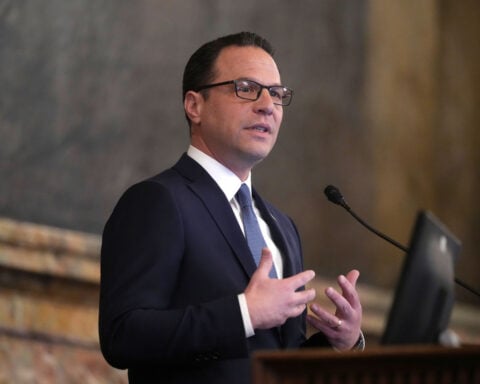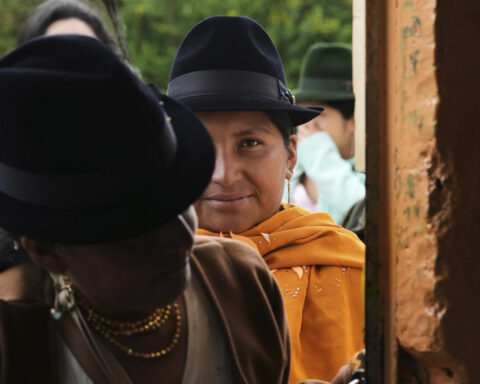(CNN) — Fear and anxiety over a loved one missing overseas can be compounded by a lack of access to local officials and basic information, as well as time differences or language barriers. But some basic steps can – and should – be taken if you fear someone has been caught up in a disaster or gone missing.
Here’s where to start:
Discuss plans for staying in touch before travel
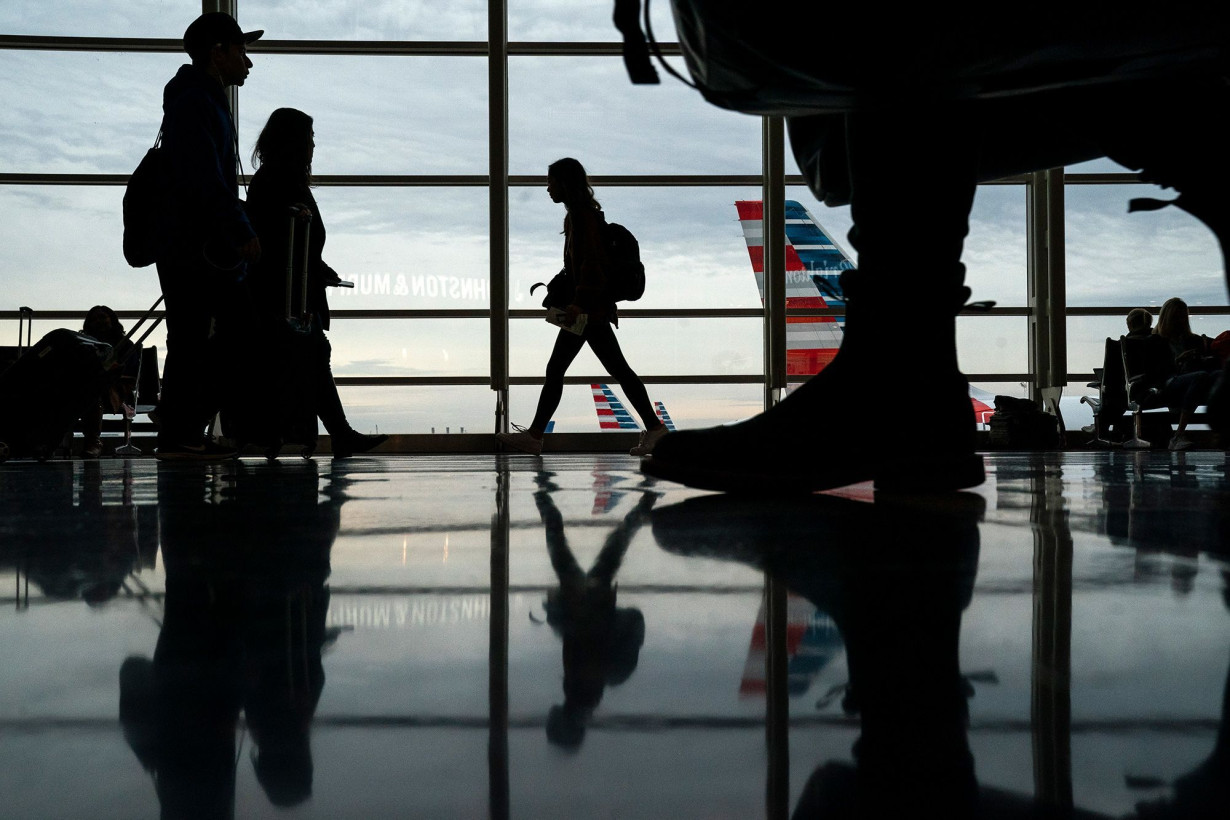
The US Department of State recommends discussing plans for staying in touch with friends and relatives before they leave. Agree on how frequently they will be in touch and whether it will be over the phone, via email, or via text. It’s advisable to keep their contact information and a copy of their travel itinerary, including flight and hotel information, handy, the State Department says.
These details can be vital for officials to use in their search efforts should a disappearance happen. The more information you can provide, the better they may be able to help.
In most cases where people are believed to be missing, a change in itinerary and travel to an area without cell signal or internet may be the reason for a falsely raised alarm, travel safety expert Lloyd Figgins told CNN, highlighting the importance of providing updates should travel plans change.
If travel plans include a remote destination, bringing equipment like a small satellite communicator that doesn’t need internet connectivity to work and may have limited texting capability, is also advisable. “That will alert people to exactly where you are and what sort of situation you’re finding yourself in,” Figgins said. He also recommends downloading the What3Words app onto your phone. The app uses a geocode system to identify any location with a resolution of approximately 3 meters when you open the app – even without internet or cell phone connectivity.
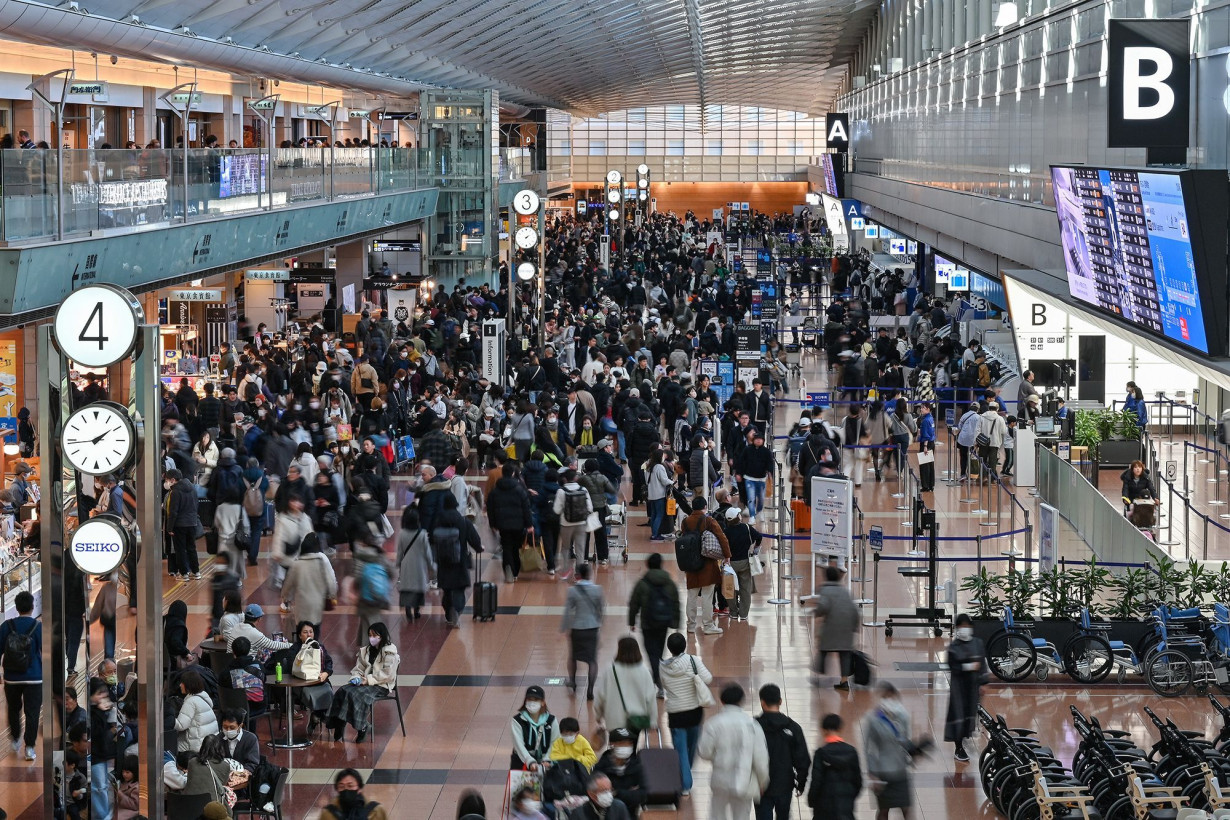
How to contact your loved one during a crisis abroad
Sometimes, American cell phones don’t work well overseas. This is especially true when there are lots of calls overwhelming phone services. The State Department recommends texting, which may work better than calling from abroad.
Also, try checking on your loved one’s social media accounts to see if they have made recent posts. Some social media sites let people “check in” to say where they are during a crisis. And try contacting your loved one’s travel companions and close friends, as well as their tour operator, hotel, school, or any organization with which they are working.
“Particularly if they’re traveling with a friend or another family member, if you can get hold of them, or if they have spoken to friends or other family members, gather information from them as quickly as you can about where they were going, who they were with, where they were planning on traveling to next,” Figgins said.
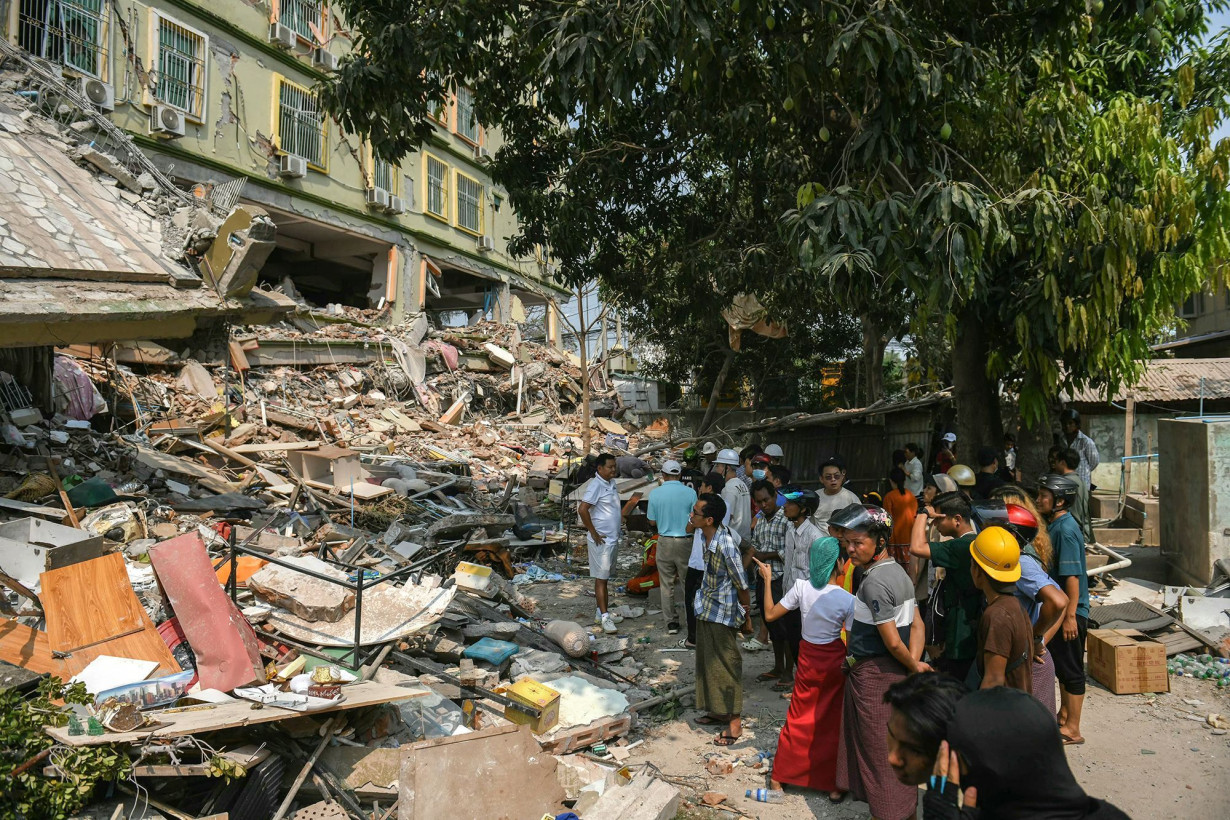
“Any details you can get from people that might have seen them or might have been with them is really key to get as quickly as possible.”
How to report a person missing abroad
If you’ve reached out to your US citizen relative or friend with no response, the first thing Figgins recommends is notifying the police, both in the location where they were last known to be or where you think they’re missing. Each US Embassy and Consulate has local emergency numbers on their websites. Your local police department may also be able to notify the police in the location of the missing person through Interpol, Figgins said.
“A lot of people think that they need to wait 24 hours to raise the alarm. That is not the case, he said. “If you are genuinely concerned, do not wait 24 hours, because that 24-hour window is key, particularly in things like abductions … the reality is, if someone is in danger, we need to get to them as quickly as possible.”
Figgins also recommends contacting the State Department’s Overseas Citizens Services office in Washington, DC, or nearest US Embassy or Consulate. State Department officials can ask authorities abroad for help and check for reports of a US citizen who has been hospitalized, arrested, or is unable to contact those looking for them. The Overseas Citizens Services office can be contacted at 1-888-407-4747.
To assist officials, it’s important to establish if your friend or loved one has any medical conditions. “If they have a pre-existing medical condition, they could have had a medical episode. Therefore, you’ll need to check with local hospitals, clinics and so on,” Figgins said.
Another thing to do from home is to provide officials with a recent photograph of the person who is missing, taking care that the photo closely resembles what they currently look like. “If it is looking like the worst-case scenario, you might be asked by the police to provide a DNA sample from that person, and that you’d be able to get from something like a hairbrush or toothbrush from home,” Figgins said.
Recruit help in your search, including the media
There are steps to take to make sure you are getting the support you need, Figgins said.
Hire a translator: If English is not the first language in the country where someone is missing, make sure you get local help from a translator as “things can be lost in translation,” he said. “You need to make sure that the information you’re getting is absolutely correct because that will enable you then to act upon the information that you’ve been given.”
Send a person to be a physical presence in the country: If you are able and it is safe to do so, having a physical presence in the country is also a good idea. But he warned sometimes immediate family members can be too close to the situation. “If you are going to have somebody go out there, make sure that somebody is prepared and capable of dealing with what could potentially be the worst-case scenario and the worst news.” Sending someone to the respective country has the added benefit of putting them in the right time zone, facilitating easier access to information, he added.
Get the media involved: “If it is a case of a missing person, the media have been exceptionally useful in some cases where they can raise awareness,” Figgins said. “They can get images of the person out on TV, on social media and so on, and that might jog someone’s memory as to having seen that person, and that then gives you a time and a date stamp for when they were last seen.”
The travel safety expert does not advocate involving media in a kidnapping case, where he encourages letting officials or hostage negotiators do their work, as interference can be detrimental.
Use social media: Lastly, it might also be a good idea to post a public message on social media so others who might have information can see it and respond. Helpful things to include in your post include a recent photo of the missing person, their name and where they were last seen or last headed, said Figgins. However, the State Department warns to be careful not to give out too much information in a public message, because identity thieves and scammers might see it and try to take advantage.
Things you’d want to leave out of your public post are where your friend or loved one is from and any direct contact information. All enquiries should be directed to police and authorities, rather than family, as scammers could use direct access to the family for financial gain and could, in some cases, demand ransom even if they have no knowledge about the missing person.
‘Time is of the essence’
Above all, if you do suspect that somebody is missing or there is unusual behavior, Figgins said, it’s important to act quickly. “If somebody usually sends messages, or they post on social media daily, and then, for no reason, there’s no explanation as to why that suddenly stops – that’s a big red flag.”
“If you can’t call them, they’re not answering, they’re not responding to usual channels of communication - that is the time to raise the alarm,” he said.
“Time is of the essence wherever a missing person is involved.”
The-CNN-Wire
™ & © 2025 Cable News Network, Inc., a Warner Bros. Discovery Company. All rights reserved.

 Trump has begun another trade war. Here's a timeline of how we got here
Trump has begun another trade war. Here's a timeline of how we got here
 Canada's leader laments lost friendship with US in town that sheltered stranded Americans after 9/11
Canada's leader laments lost friendship with US in town that sheltered stranded Americans after 9/11
 Chinese EV giant BYD's fourth-quarter profit leaps 73%
Chinese EV giant BYD's fourth-quarter profit leaps 73%
 You're an American in another land? Prepare to talk about the why and how of Trump 2.0
You're an American in another land? Prepare to talk about the why and how of Trump 2.0
 Chalk talk: Star power, top teams and No. 5 seeds headline the women's March Madness Sweet 16
Chalk talk: Star power, top teams and No. 5 seeds headline the women's March Madness Sweet 16
 Purdue returns to Sweet 16 with 76-62 win over McNeese in March Madness
Purdue returns to Sweet 16 with 76-62 win over McNeese in March Madness

